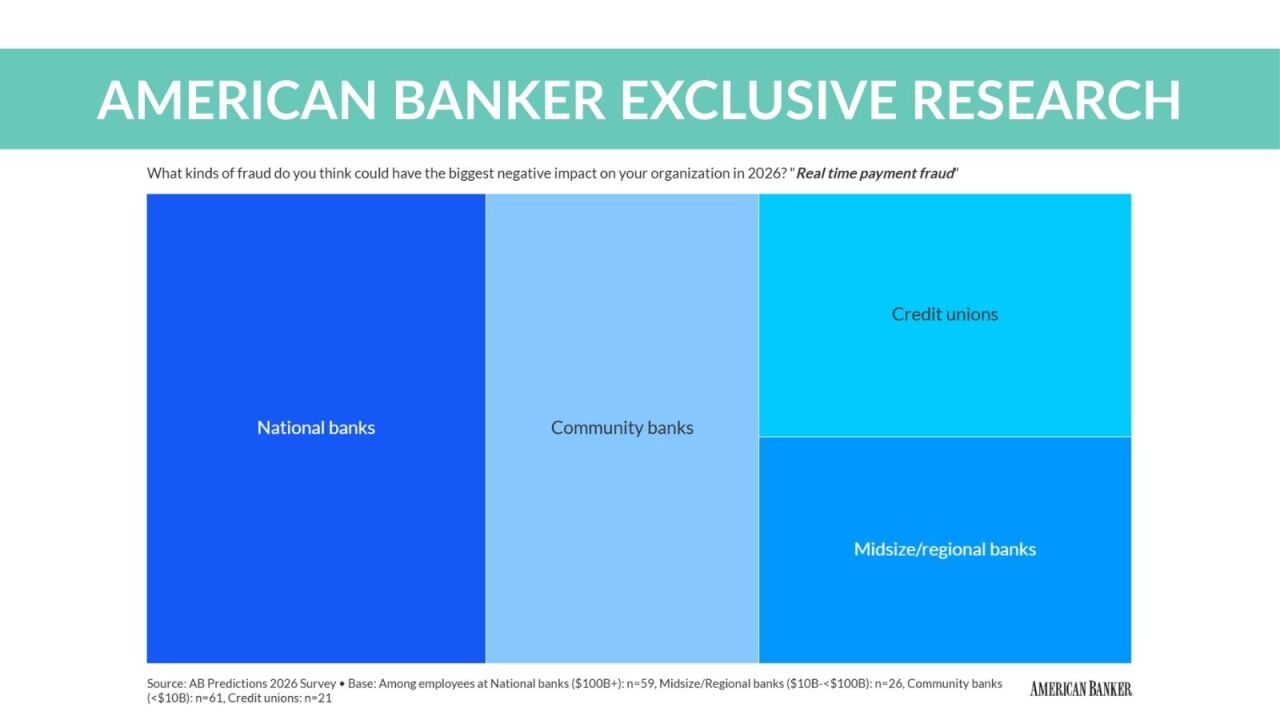WASHINGTON — The Federal Deposit Insurance Corp. on Thursday released for comment its plan to auction and sell toxic assets, asking questions on everything from which assets should be eligible to how fees for government-guaranteed debt should be assessed.
The proposal, which is open for comment until April 10, appears aimed at trying to ensure that banks and investors have sufficient incentives to participate.
"How can the FDIC best encourage a broad and diverse range of investment participation?" the agency's plan said. "How can the FDIC best structure the valuation and bidding process to motivate sellers to bring assets to the" public-private investment funds?
The message was much the same during a conference call with bankers held by the FDIC on Thursday afternoon. Approximately 2,700 participants listened in on the call, which included top FDIC officials, including Chairman Sheila Bair, Chief Operating Officer John Bovenzi and Art Murton, the head of the agency's division of insurance and research.
Under the program, banks would decide which assets — usually a pool of loans — they would like to sell, in conjunction with their federal regulator. The FDIC would conduct an analysis to determine the amount of funding it would be willing to guarantee. FDIC officials said the maximum leverage would be $6 of guaranteed debt for every $1 of equity.
The FDIC would then conduct an auction for the pool of loans, with public-private investment funds bidding on the assets. The winner would split equity financing with the Treasury Department.
But agency officials are clearly still working out details.
During the conference call, FDIC officials asked if the government should let bankers selling loans through the auction keep an equity interest in the pool so they could share in any upside. The agency also wants comments on whether bankers should be allowed to set a minimum price or a reserve price on their assets, and whether such a price should be disclosed.
One chief question remains whether bankers would be forced by regulators to sell assets through the program. Bair continued to send signals that supervisors might do so in certain circumstances.
"Bank supervisors ask banks to address all the time, issues related to asset quality," Bair said. "The supervisory process is already there, and this is another tool."
But later in the call, Jim Wigand, the deputy director of the division of resolutions, said the agency is "not looking to be forcing institutions into the program."
The parameters of the program are still being worked out. The agency intends to start with existing mortgage-related assets, but in its proposal, the FDIC asked whether "any asset on bank balance sheets" should be eligible for sale. "Are there specific portfolios where there would be more or less interest in selling through" the program?
The FDIC plan asked what priorities the agency should consider in deciding which pools to set for the initial auction and what the optimal size and characteristics of the pool should be.
Though Bair has made it clear that single-family loans bought through the program must be subject to modification guidelines released by the Obama administration last month, the agency is also seeking comment on whether additional restrictions are needed.
The agency is also seeking to know whether the fee for government-guaranteed debt should be based on the amount of debt outstanding and if it should be adjusted on the risk characteristics of the underlying pool.
The FDIC also raised concerns about potential conflicts that could arise between different participants in the program. "What structural arrangements and safeguards should the FDIC put into place to address or mitigate those concerns?" the agency asked.
During the call, FDIC officials said they will hire a financial adviser for each transaction, who will oversee the actual auction process. The agency also expects banks selling loans to continue servicing the loans on an interim basis but said servicing would ultimately become the responsibility of the buyer.
The agency has created its own Web site for the program, at




